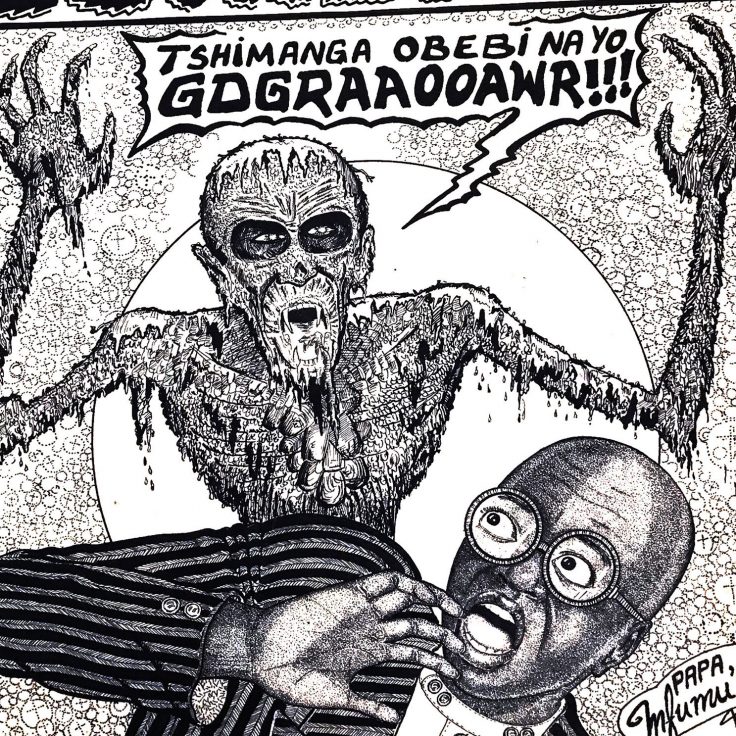
Alumni Profile — James Grippando ’80, JD’82
Double Gator calls winning Harper Lee Prize for Legal Fiction an “unbelievable joy.”
Author James Grippando ’80, JD’82 says that winning the Harper Lee Prize for Legal Fiction in 2017 for his novel Gone Again (reviewed in the Fall 2016 issue of Ytori) was the most exciting thing ever to happen to him in his career as an attorney and as a best-selling novelist.
“I am honored and humbled,” says Grippando, who lives in Coral Gables, Fla. “The coolest thing is you get a signed copy of To Kill a Mockingbird. Her old friends came to the ceremony [held at the University of Alabama School of Law in Tuscaloosa], and it’s pretty surreal to get this prize and congratulations from her friends.”
Gone Again tackles the issue of the death penalty and innocence, and in this novel, race. Attorney Jack Swyteck, the protagonist of 14 of Grippando’s 26 novels and a Gator himself, must defend Dylan Reeves, a man on death row wrongfully convicted of murdering teenager Sashi Burgette, whose body was never found.
“Having a character like Jack Swyteck in 14 novels and winning an award based on a Swyteck novel was an unbelievable joy for me,” says Grippando. “I would defy anyone to guess where I stand on capital punishment based on my novels, but people always ask. My view has evolved. In 2015, I was shocked to discover 58 convictions in homicide cases had been overturned and the average length of time a wrongly convicted person served was 141⁄2 years in prison.”
Grippando says he honed his writing skills in the College of Liberal Arts and Sciences honors program, led by English professor Sid Homan.
“We wrote a paper a week, and Sid would read them aloud to us,” recalls Grippando. “There’s nothing more painful than hearing and watching someone trip over your own bad sentence. I still edit my own work that way — reading it aloud. It stuck with me.”
Most of Grippando’s novels are set in Florida, and he frequently draws on his experiences from his college days, whether it’s tubing down the Ichetucknee River or observing student protests at Tigert Hall.
His latest novel, A Death in Live Oak, is set at the University of Florida where Jamal Cousin, the president of the preeminent black fraternity, is found hogtied and lynched, hanging above the Suwannee River. This act — inspired by a lynching in Live Oak in the 1940s — sparks a firestorm across the state and the nation, putting Jack in the Atticus Finch-like position of defending an unpopular client in a racially-charged environment.
“Since I’m writing a thriller, the stakes need to be as high as they can be,” says Grippando. “I knew it had to be set at the flagship university in whatever state I based it in. In this case, it was the University of Florida. I’m proud to say that I went to that flagship university.”
The idea for Live Oak percolated in Grippando’s mind for years, but it migrated to the forefront when his son, Ryan, was applying to colleges. Grippando was disturbed by the amount of racially-motivated hate crimes happening on college campuses throughout the country.
“Any writer will tell you the old adage, ‘Write what you know.’ It also means, ‘Write what you worry about,’” he says. “Jack Swyteck, as a character, had never addressed the issue of racism in America. I like to take on timely subject matters. I don’t preach. I present the topic as realistically as possible. I’m happy to say that many people think it’s the best book I’ve written.”
See book review. To learn more about Jack Swyteck and Grippando, visit www. jamesgrippando.com.

